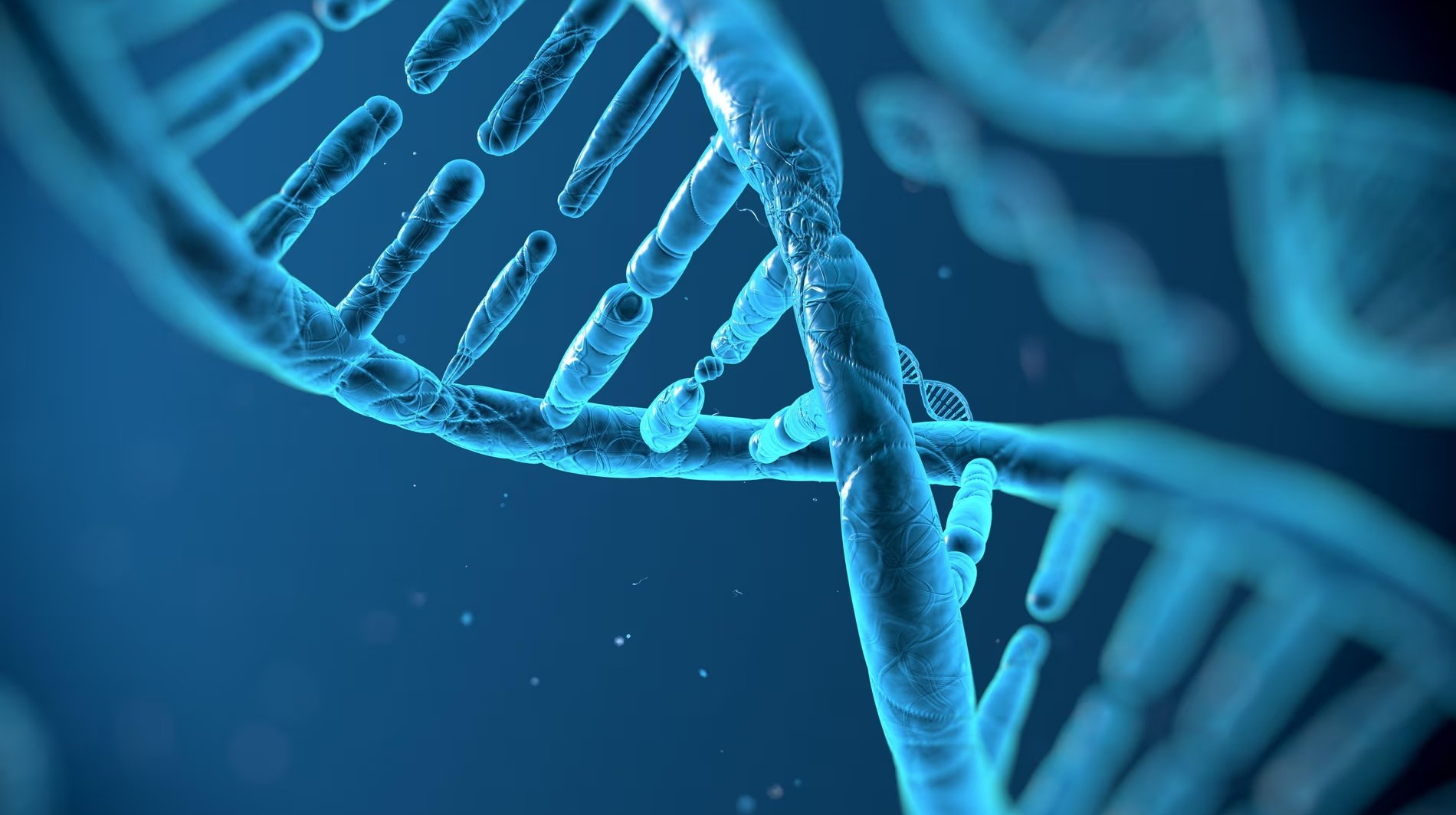“

Yevgeny Demkivsky Author of news Mezha.media and GIK. I write about technologies, cinema and games. Perhaps about games with a little more passion.
The purpose of the study is to understand the functioning of the genome and to lay the basis for new methods of treatment of complex diseases, including autoimmune diseases and viral organ lesions.
The project is headed by Professor Jason Chab from the Molecular Biology Laboratory (LMB) of the Medical Research Council in Cambridge. The team also includes scientists from Cambridge universities, Kent, Manchester, Oxford and the Imperial College of London. The first stage involves the synthesis of individual sections of chromosomes that researchers will insert into human skin cells to monitor their behavior.

It is the first large -scale attempt to rewrite the human genome in the direction of “upside down” – from molecule to cell. Previous experience of synthesis of complete genome of Escherichia coli (E. coli) enabled the team to prepare to work with the human genome, which is almost a thousand times greater – more than 3 billion pairs of bases.
Researchers pay special attention to the so -called “dark genome matter” – DNA areas, whose function remains incomprehensible. Their analysis can give new answers about gene regulation, epigenetics and hereditary diseases.
In parallel with the scientific group, an ethical group headed by Professor Joy Zhang from Kent University will also work. It will study the social consequences and potential risks of research. These include concerns about the use of technologies in creating “design children” or modified organisms for domestic or industrial purposes.
Bioethics also consider the use of synthetic mitochondria to prevent hereditary diseases transmitted from the mother. This solution could reduce the need for donors and simplify the procedure of IVF.
”, – WRITE: mezha.media

Yevgeny Demkivsky Author of news Mezha.media and GIK. I write about technologies, cinema and games. Perhaps about games with a little more passion.
The purpose of the study is to understand the functioning of the genome and to lay the basis for new methods of treatment of complex diseases, including autoimmune diseases and viral organ lesions.
The project is headed by Professor Jason Chab from the Molecular Biology Laboratory (LMB) of the Medical Research Council in Cambridge. The team also includes scientists from Cambridge universities, Kent, Manchester, Oxford and the Imperial College of London. The first stage involves the synthesis of individual sections of chromosomes that researchers will insert into human skin cells to monitor their behavior.

It is the first large -scale attempt to rewrite the human genome in the direction of “upside down” – from molecule to cell. Previous experience of synthesis of complete genome of Escherichia coli (E. coli) enabled the team to prepare to work with the human genome, which is almost a thousand times greater – more than 3 billion pairs of bases.
Researchers pay special attention to the so -called “dark genome matter” – DNA areas, whose function remains incomprehensible. Their analysis can give new answers about gene regulation, epigenetics and hereditary diseases.
In parallel with the scientific group, an ethical group headed by Professor Joy Zhang from Kent University will also work. It will study the social consequences and potential risks of research. These include concerns about the use of technologies in creating “design children” or modified organisms for domestic or industrial purposes.
Bioethics also consider the use of synthetic mitochondria to prevent hereditary diseases transmitted from the mother. This solution could reduce the need for donors and simplify the procedure of IVF.
